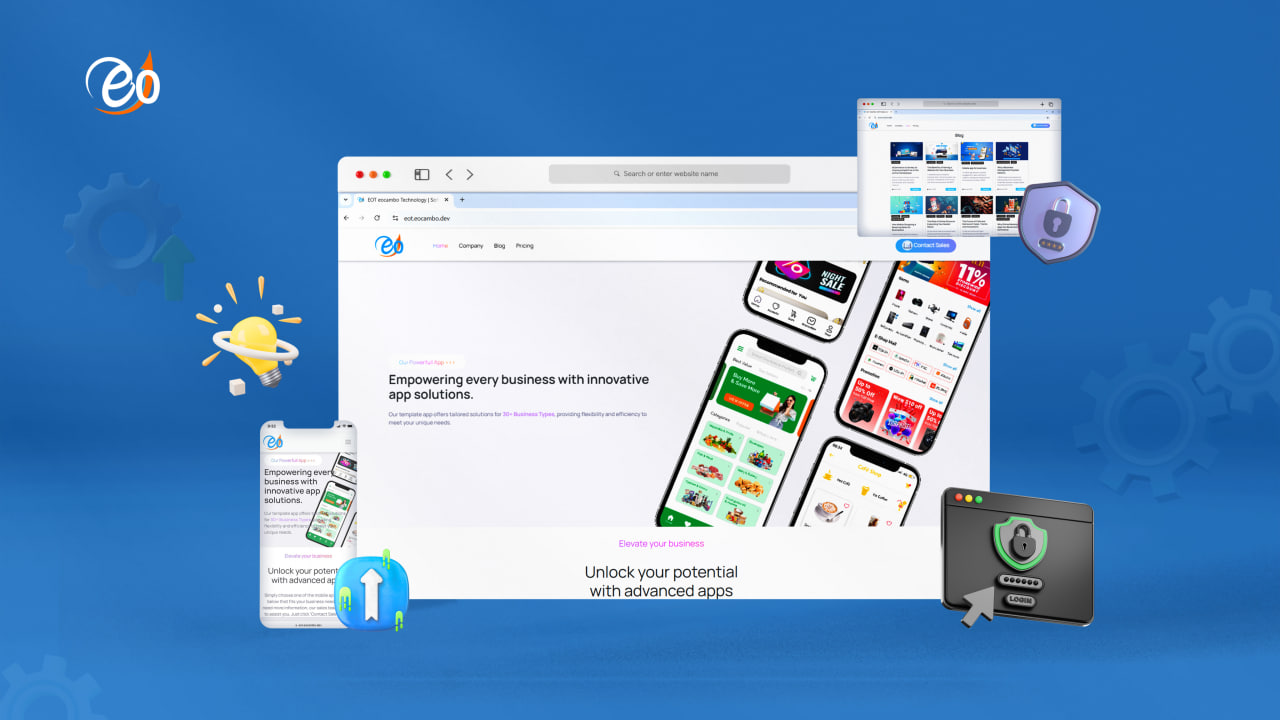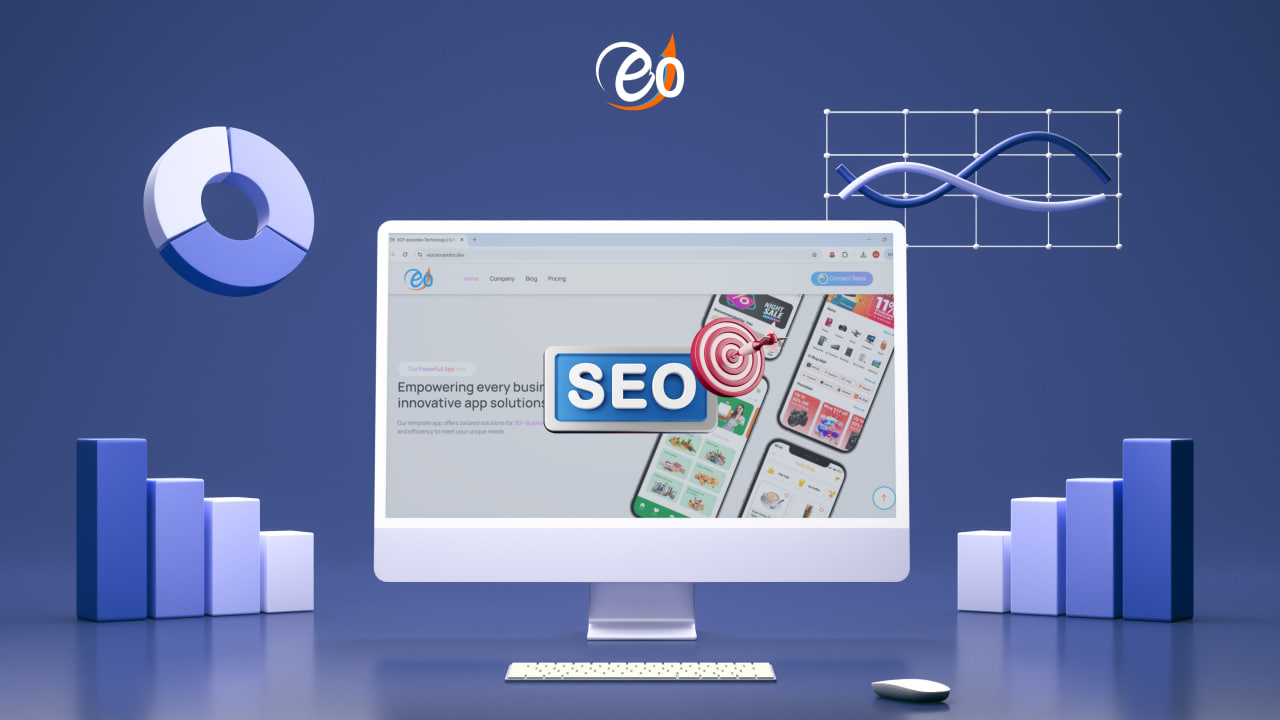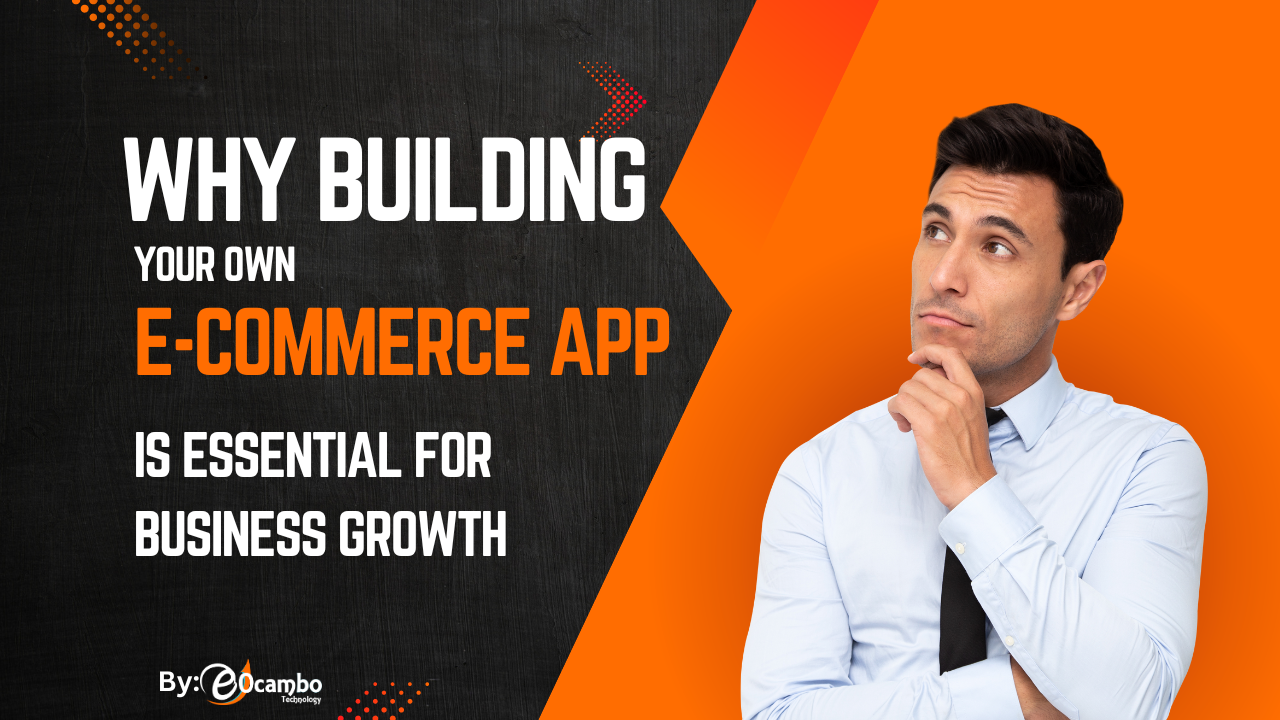In today’s digital age, having an sales online presence is not just a luxury—it’s a necessity. Whether you’re a small business or a large enterprise, creating an e-commerce app or website can significantly impact your success. From reaching a global audience to providing a seamless shopping experience, the benefits of going online are numerous. So, let’s dive into the top 10 reasons why you should consider developing an e-commerce platform for your business.
1.Global Reach of sales online
One of the most significant advantages of having an e-commerce app or website is the ability to reach customers beyond your local area. With an online store, geographical limitations are no longer a barrier. You can tap into new markets and attract customers from around the world, expanding your customer base exponentially.
2. 24/7 Availability for sales online
Unlike a physical store with operating hours, an e-commerce platform allows your business to be open 24/7. This means customers can shop at any time that suits them, leading to increased sales and convenience. Your business can make money even while you sleep!
3.Cost-Effective Operations of sales online
Running an online store can be much more cost-effective than maintaining a physical location. You save on rent, utilities, and other overhead costs associated with brick-and-mortar stores. Additionally, many e-commerce platforms offer affordable plans with a range of features to suit your needs.
4.Enhanced Customer Experience
An e-commerce app or website provides a seamless and personalized shopping experience. Features such as product recommendations, customer reviews, and detailed product information help customers make informed decisions. Easy navigation and secure payment options further enhance the shopping experience, encouraging repeat business.
5.Data-Driven Insights
E-commerce platforms offer valuable data and analytics that can help you understand your customers’ behavior and preferences. By analyzing this data, you can make informed decisions about product offerings, marketing strategies, and inventory management. This insight allows you to tailor your business to meet customer demands effectively.
6.Scalability
As your business grows, your e-commerce platform can scale with you. Whether you’re adding new products, expanding into new markets, or increasing your inventory, an sales online can easily adapt to your changing needs. This flexibility is crucial for long-term growth and success.
7.Targeted Marketing
With an e-commerce app or website, you can implement targeted marketing strategies to reach your ideal customers. Utilize tools like email marketing, social media integration, and search engine optimization (SEO) to attract and engage your audience. Personalized marketing campaigns can lead to higher conversion rates and increased customer loyalty.
8.Increased Sales Opportunities
Online stores offer various ways to increase sales, such as upselling, cross-selling, and offering exclusive online discounts. By showcasing related products or suggesting items frequently bought together, you can encourage customers to add more to their cart. Special promotions and discounts can also drive sales and attract new customers.
9.Competitive Advantage
In today’s competitive market, having an online presence can set you apart from your competitors. An e-commerce platform allows you to showcase your unique value proposition and stand out in the crowded marketplace. Offering a convenient and efficient shopping experience can attract customers who prefer online shopping over traditional retail.
10.Improved Customer Support
E-commerce platforms often come with built-in customer support features such as chatbots, FAQs, and contact forms. These tools provide instant assistance to customers, improving their overall experience. Efficient customer support can lead to higher satisfaction rates and foster long-term customer relationships.
FAQs
Q: How much does it cost to create an e-commerce app or website? A: The cost can vary widely depending on the features, complexity, and platform you choose. However, there are many affordable options available that can fit different budgets. contact EOT: @https://t.me/EOT_Cambodia
Q: How long does it take to develop an e-commerce platform? A: The development time can range from a month to several months, depending on the complexity and your specific requirements. Working with an experienced development team can help streamline the process.
Q: Is it necessary to have technical skills to manage an e-commerce store? A: While technical skills can be helpful, many e-commerce platforms are user-friendly and designed for non-technical users. Additionally, there are plenty of resources and support available to help you manage your online store.
Q: Can I integrate my e-commerce site with social media? A: Absolutely! Integrating with social media platforms can enhance your marketing efforts and drive traffic to your e-commerce site. Many platforms offer easy integration options.
Final Thoughts the sales online
Creating an e-commerce app or website can transform your business sales online, offering numerous benefits from global reach to enhanced customer support. As the digital landscape continues to evolve, having an online presence is becoming increasingly crucial for staying competitive and achieving long-term success. So, why wait? Start exploring your options for creating an e-commerce platform today and take your business to new heights.









